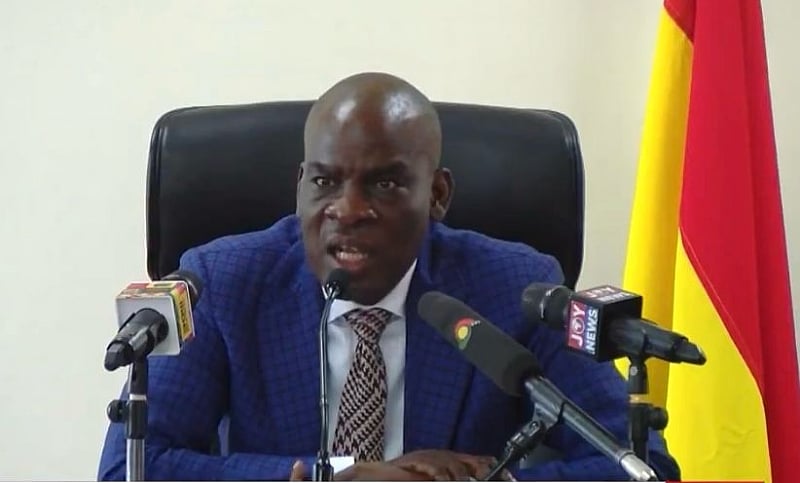The Minister for Education and Member of Parliament for Tamale South, Haruna Iddrisu, has staunchly defended President John Dramani Mahama’s decision to suspend the sale, lease, and allocation of public lands in Ghana. This directive, issued via a letter dated January 10, 2025, effectively halted all ongoing processes related to the transfer of state-owned land. Iddrisu characterized the President’s action as both lawful and essential for restoring order and integrity to the country’s land administration system, which he argued had become increasingly vulnerable to exploitation and misuse. The Minister emphasized that the President acted within his constitutional authority to prevent the looting of public lands, often carried out under the guise of public influence and for personal gain. He highlighted the President’s specific instruction that no minister within his administration should be involved in the acquisition of any public land, underscoring the commitment to transparency and accountability within the government.
The President’s directive has generated controversy, particularly from the Minority caucus in Parliament, who have expressed concerns about its potential impact on private sector development and the Lands Commission’s revenue stream. They argue that while the President’s intentions may be noble, the blanket suspension risks negatively affecting individuals and businesses with legitimate interests in acquiring state lands for various purposes. This includes those pursuing development projects that contribute to economic growth and job creation. The Minority’s argument centers on the idea that a more nuanced approach is required, one that addresses the issue of corruption without stifling legitimate economic activity. They fear the current directive could create unnecessary bottlenecks and delays, potentially discouraging investment and hindering progress.
However, Minister Iddrisu countered these concerns during a parliamentary session on Tuesday, July 15, reiterating that the directive fell squarely within the President’s constitutional powers and was specifically targeted at combating the rampant abuse of public land resources. He dismissed the notion that the suspension would cripple the private sector, highlighting instead the long-term benefits of protecting public assets from unscrupulous individuals and entities. Iddrisu emphasized the importance of preventing the misuse of public lands for private gain, citing examples of school buildings and playing fields being appropriated for personal use. He stressed the need to safeguard these vital resources for the benefit of the community and future generations.
The heart of the debate lies in the balance between protecting public assets and facilitating economic development. The Minority argues that the suspension creates an unnecessary obstacle for legitimate businesses and individuals seeking to acquire land for development purposes. They advocate for a more targeted approach that addresses corruption without broadly restricting access to public land. Conversely, the Minister and the President’s supporters maintain that the directive is a crucial step in curbing the rampant misuse and looting of public lands. They argue that this decisive action is necessary to restore integrity to the land administration system and ensure that public resources are utilized for the benefit of all citizens.
Iddrisu’s defense of the President’s directive emphasizes the government’s commitment to tackling corruption and protecting public assets. He pointed to specific instances of abuse, highlighting cases where individuals exploited their influence to acquire public land for personal gain, often at the expense of essential community resources. He argued that such practices not only undermine public trust but also deprive communities of vital amenities, such as schools and recreational spaces. The Minister underscored the importance of holding those responsible for such abuses accountable and ensuring that public lands are utilized for their intended purpose, serving the needs of the community and contributing to the overall development of the nation.
Ultimately, the debate surrounding the suspension of public land sales reflects a broader struggle between competing interests: the need to prevent corruption and protect public assets versus the desire to promote economic development and facilitate private sector growth. Finding a sustainable solution requires a careful balancing act, one that protects the public interest while also fostering a conducive environment for investment and development. The ongoing debate in Parliament highlights the complexity of this issue and the need for a comprehensive and well-considered approach that addresses both the immediate concerns and the long-term implications of land management policies.


